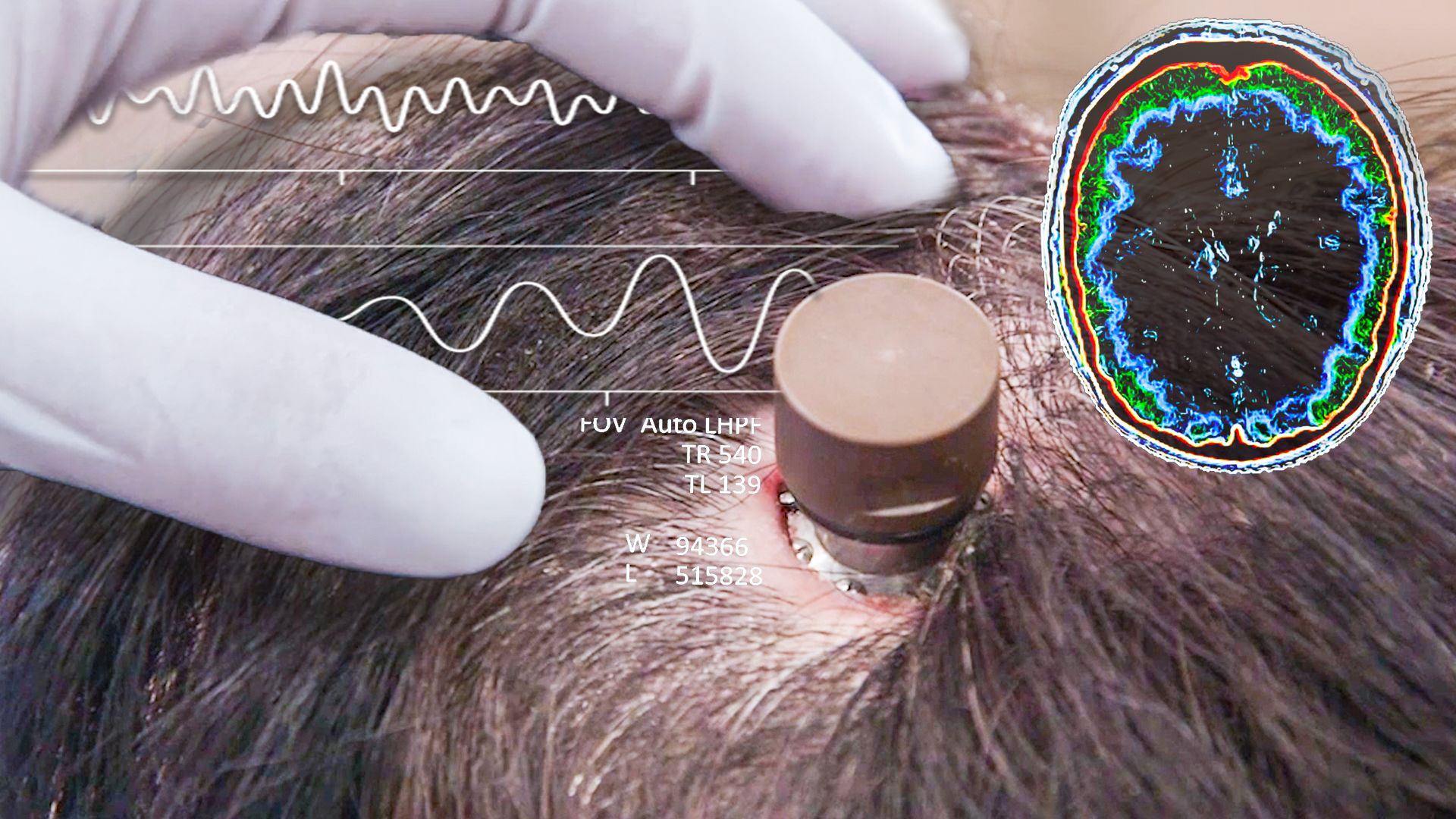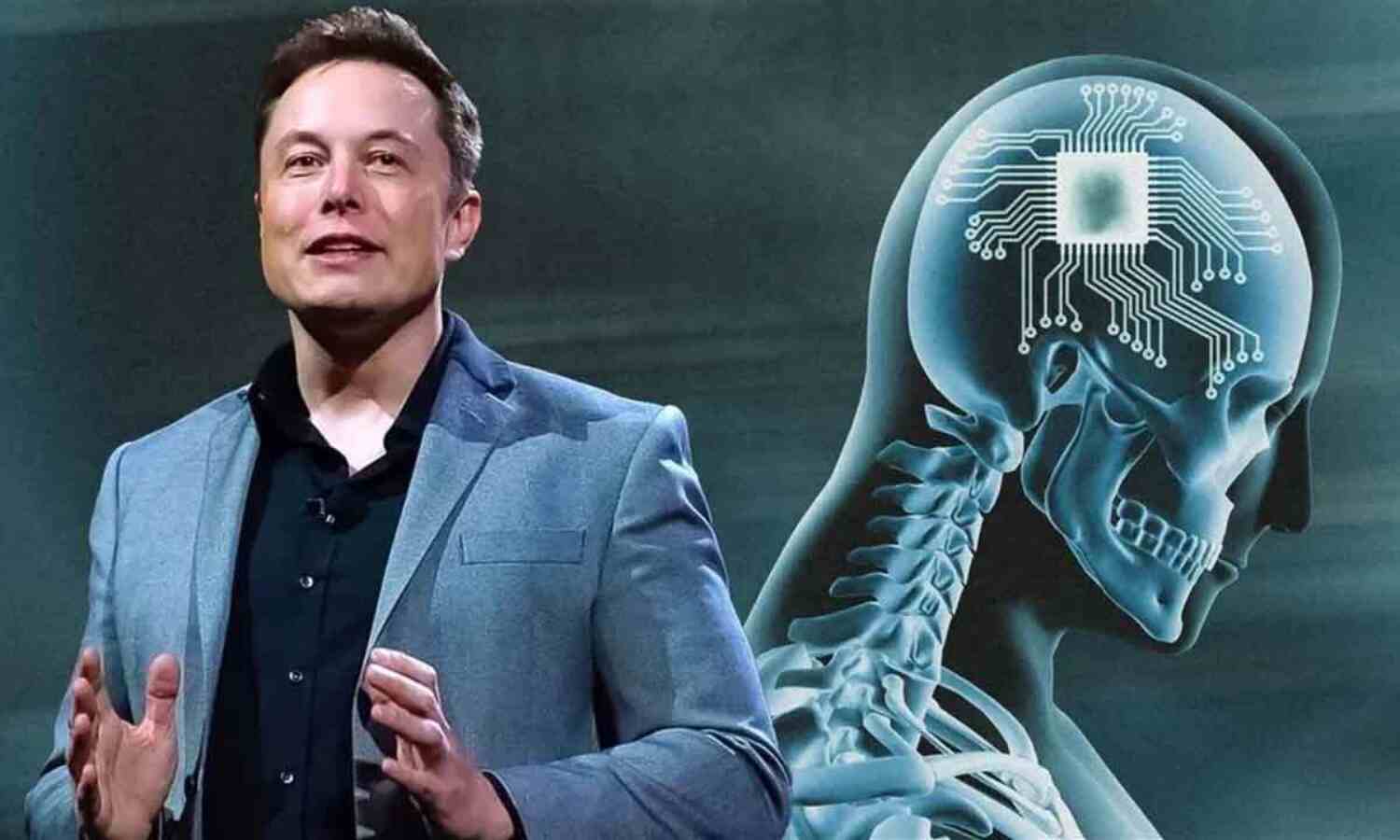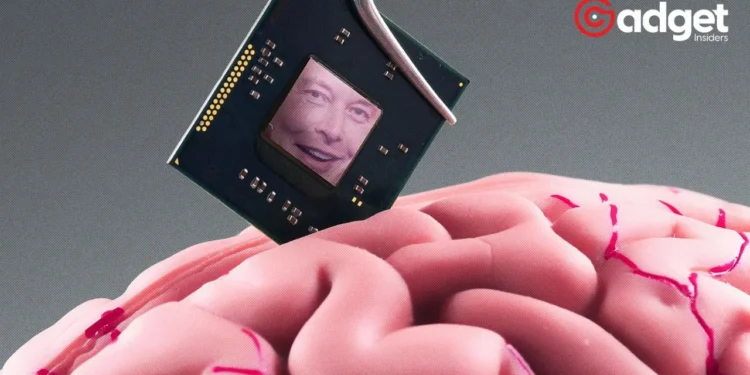In the high-stakes realm of brain-computer interfaces (BCI), Elon Musk’s Neuralink emerges as a beacon of both revolutionary potential and contentious debate. With the ambitious goal of melding human cognition with digital prowess, Neuralink has sparked a mixture of awe and apprehension among the medical community and beyond. This exploration delves into the intricacies of Neuralink’s journey, from its pioneering human trials to the ethical complexities shadowing its advancements.

The Dawn of a New Era: Neuralink’s Human Trials
Late last month marked a significant milestone for Neuralink, as the company commenced long-term brain-computer interface implant trials in human subjects. This venture into the unknown is spearheaded by none other than billionaire entrepreneur Musk, who has been notoriously reticent about the specifics of the trials.
The initial reports of the first volunteer’s recovery and ability to control a digital mouse solely through thought are indeed fascinating. However, the lack of verifiable evidence has only fueled the fire of skepticism within the scientific community.
The company’s veil of secrecy has not gone unnoticed. Critics, including neurosurgeon Sameer Sheth of the Baylor College of Medicine, highlight the company’s selective transparency as a significant concern. The fear that only favorable outcomes are shared, while potential complications or failures remain hidden, casts a shadow over the project’s credibility.
So what actually is Neuralink? pic.twitter.com/4F50WratgS
— TheStreet (@TheStreet) February 29, 2024
The Cybertruck Connection: A Glimpse into Musk’s Vision
In a parallel narrative, the design philosophy behind Tesla’s Cybertruck provides an intriguing insight into Musk’s innovative spirit. This spirit of innovation also animates Neuralink, particularly in its development of a surgical robot purportedly crucial for the implantation process.
Demonstrations on non-human subjects showcase the robot’s precision, yet the leap to human trials remains shrouded in mystery, echoing the company’s overarching theme of reticence.
Ethical Considerations: The Heart of the Debate
The ethical implications of the Brain Chip company’s endeavors are profound. The Hastings Center’s critique of Musk’s brief updates underscores the gravity of conducting human brain experiments.
The call for a more transparent and detailed discourse is not just a demand for scientific rigor but a plea for respect toward the individuals and families embroiled in this pioneering research.

Moreover, Neuralink’s historical challenges, particularly the controversy surrounding the welfare of animal subjects, underscore the ethical minefield that the company navigates.
The discrepancy between Musk’s public statements and regulatory findings regarding the treatment of macaque monkeys raises questions about the veracity of the company’s claims and its commitment to ethical standards.
Navigating the Uncharted
As Neuralink strides into the uncharted territory of brain-computer interfacing, the world watches with bated breath. The potential to revolutionize treatments for paralysis and enhance human communication is unparalleled. Yet, without greater openness and ethical consideration, the company risks alienating the very community it seeks to inspire.
The balance between groundbreaking innovation and ethical responsibility remains a delicate dance, and the path Neuralink chooses will undoubtedly influence not just its own trajectory but the future of human-machine integration.










